Can Your ISP See If You Are Using A VPN? It is important first understand what exactly the terminolgies, specifically an ISP or a VPN, actually mean.
What is an ISP (Internet Service Provider?
An ISP, or internet service provider, is a company that provides access to the internet for its users. ISPs allow for many interactions with the web, including basic browsing, shopping online, doing business, or connecting with friends or family. ISPs provide their services for a monetary fee.
Though a service that was more popular from IPSs in the 90s and 2000s, the companies often supply email service, webhosting, and more. However, these services are now more often to supplied by a third party companies.
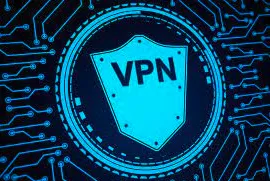
Internet services supplied by ISPs were once limited to government entities and a few universities. By the late 1980s, this became available to the general public, but it would take some years to catch on like we know it today. American Online, AOL, proved to be one the biggest early ISPs of this era, and remained popular for many years.
The true boom of ISPs began in the mid-1990s, and several more ISPs appeared. Connection speed gradually increased from dial-up connections to make things like e-commerce more feasible.
What is a VPN?
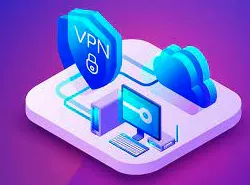
VPN stands for virtual private network, and its core it helps people stay private and secure online. A VPN establishes an encrypted connection, or tunnel, between your device and the VPN servers. Within this tunnel, the data you transmit is safeguarded and hidden from outsiders.
VPNs were once a novel idea and somewhat of a ‘nice to have, but not required’. In 2022, VPNs are indeed a necessary tool in your kit – especially an always on VPN.
An always on VPN is the closest everyday internet users can get to true anonymity without using more complex solutions like the TOR network.
VPNs were first created by Microsoft in 1996, as a way to allow remote workers to access the internal company network more securely. It doubled productivity, and many other companies began to adopt VPNs. VPNs in this sense were the norm for many years – And today, corporate VPNs are still common. After mass adoption by businesses, some developers realised there was a private market for such a tool, especially as the idea of digital privacy came into the spotlight.
The core functionality of a VPN is around how traffic is handled from your device to the internet. Instead of sending traffic directly to your ISP, a VPN first takes the traffic and places into a tunnel, where it encrypts the data. When the data eventually hits the internet, it appears as a complex string of data that is impossible to read by anyone looking in.
The process of making your data unreadable is encryption. Though an intensely mathematical process, it usually involves using a key to scramble and unscramble data being sent from your device. Only your device and the VPN provider have the decryption key – to everyone else, your data appears like a garbled mess.
There are many types of encryption. For the purposes of this post, we won’t be covering all of them, but the most common for VPNs is 256-bit AES encryption. This is the same type of encryption used by banks and the military.
Despite the core similarities around things like encryption, VPN services are often very different to one another. The overwhelming majority of VPN services are purely for location spoofing, which is fooling the internet into thinking you are currently in a different location. This is mostly used for streaming purposes when some services are geolocked, but it is also used in niche but very specific circumstances.
Other VPNs, like SaferNet, focus in more on cybersecurity. While privacy and encryption are fundamental pillars of cybersecurity, they aren’t the whole package. VPNs like SaferNet protect against viruses and malware, like ransomware, remote access trojans, spyware, keyloggers, and even have defenses against common attack vectors such as phishing, which is the primary route for hackers to gain access to a network.
Can Your ISP See If You Are Using a VPN?
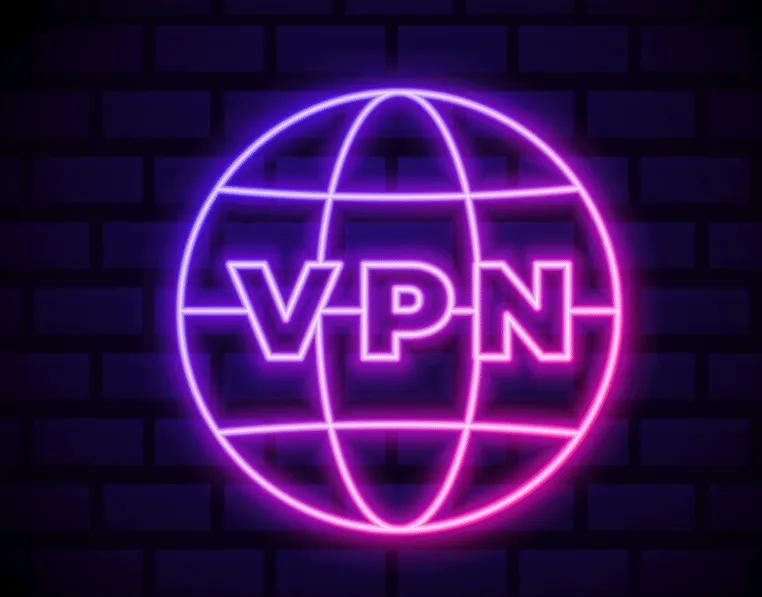
Very simply put – Yes, an ISP can see if you were using a VPN. But its important to fully understand exactly what an ISP can see when you are using a virtual private network.
What can an ISP see when you are using a VPN?
While an ISP can see that you’re using a VPN, that is about it. They will understand you are connected to a VPN, but due to encryption and obsfucation, what you are doing will be illgible.
If you are using IP spoofing, an ISP can also see that new IP address, as they always manage responsibility for you being able to send and recieve internet packets. While they can see that IP address, they do not know the packets final destination.
An ISP will also be able to understand what level of encryption and protocol you are using, but that doesn’t mean they can see through those layers. In short, anything they are able to see will not affect you in any sense.
Lastly, an ISP will be able to see your connection timestamps, which are simply the times you connect and disconnect to the internet
What do VPNs hide from ISPs?
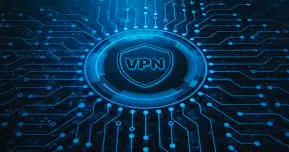
A VPN will hide several elements from your internet service provider, including:
Websites you’ve visited: Though an ISP will be able to see that you are browing the webs, they will not be able to see the websites you are browsing, or your browsing history.
Files You Download: An ISP could take a reasonable guess due to your bandwidth activity, for example a spike in bandwidth means you are probably downloading something. But, they are unable to see what files you’re downloading, including streams and torrents also.
Search Activity: An ISP will not be able to see your searches when you are using a VPN.
Conclusion
At the end of the day, it is important that you use a VPN at all times if you are concerned with privacy (or even if you’re not). However it is equally important to use a good, trustworthy VPN, such as SaferNet. Oftentimes people will look for a VPN and choose a free one. However this might do more harm than good, as free VPNs often sell user data to turn a profit.
SaferNet: A Best-in-Class Always On VPN
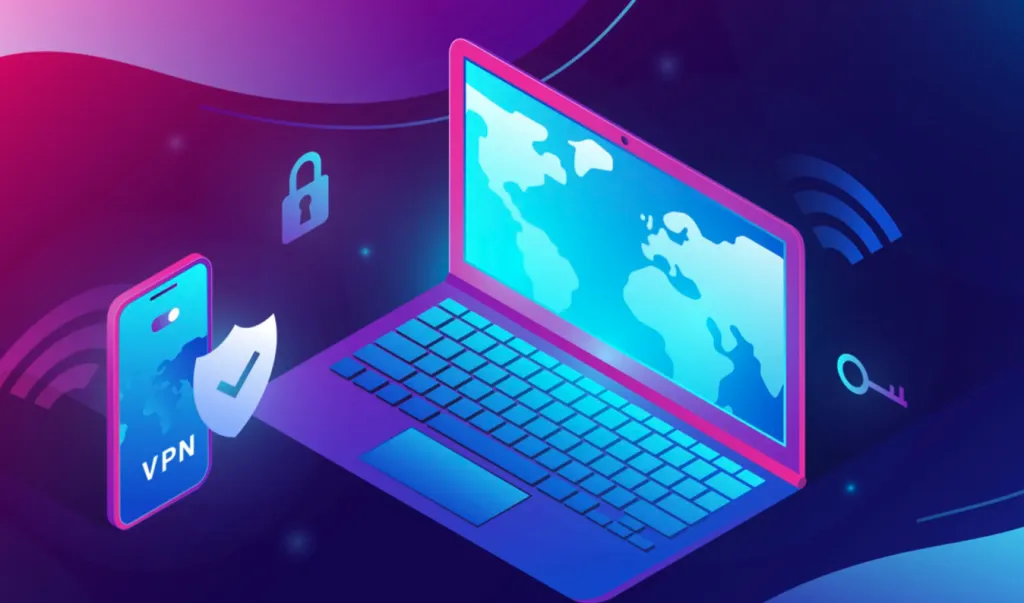
SaferNet is the perfect solution to the cybersecurity issues that individuals, families, and businesses face today. It not only connects every device using a secure, 24/7 always on, military grade VPN, but it also stops outside cyberthreats, malware and viruses as well. On SaferNet, all users are protected anywhere in the world, all the time, on any cellular or Wi-Fi network. In addition to SaferNet’s VPN and cyber protection, it also offers a range of employee or parental/family internet controls including internet filtering, monitoring, scheduling, and blocking access to websites or even entire website categories
Typically, a business or family would need 3 separate services for a VPN, Malware Protection, and Internet Controls; SaferNet offers all 3 features in one service. SaferNet truly is an endpoint security presence that can be implemented in minutes around the world, on phones, laptops, tablets, and computers at an economical price point that caters to all sizes of businesses and families. SaferNet guarantees a smooth setup and installation process that takes only minutes, and an easily accessible control hub for you to monitor all your employee’s or family members devices; including activity, time spent online, and threats blocked.